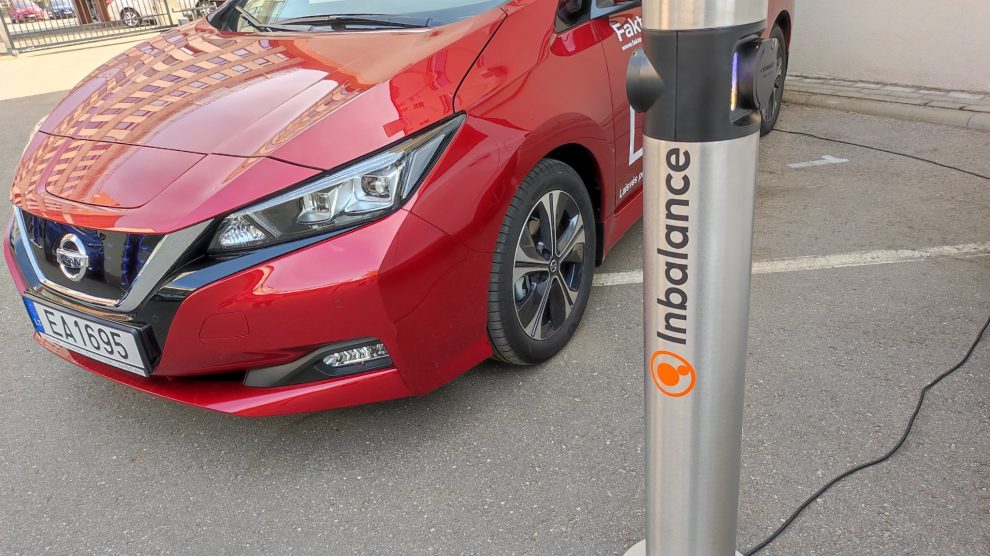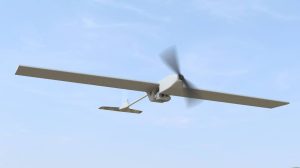Emerging Europe’s technology and innovation scene is thriving: new money and new ideas are coming onto the market all the time. To keep you up to date with the latest investments, innovations, events and accelerators, each week Emerging Europe brings you a round-up of the region’s tech, investment and start-up news.
Ukraine’s Finmap to finance marketing and expansion with new investment
Ukrainian fintech start-up Finmap has raised 1.2 million US dollars from European and Ukrainian investors. The funds are expected to finance marketing and make the offer more local in the expansion countries of Poland and Turkey, strengthening the start-up’s presence in English-speaking and Spanish-speaking countries as well as expanding the team.
Finmap’s main product is a cloud service and an iOS application that helps business owners easily and conveniently keep track of their company’s money and entrepreneurs’ finances.
“Despite the constant challenges, we continue developing the company and scaling in new countries,” says Finmap co-founder Alexander Solovey.
“Our mission is to help entrepreneurs better understand their own businesses with an “easygoing” product that solves daily money management tasks better and more efficiently than an Excel spreadsheet. We are seeing a positive trend towards increasing Finmap’s presence in Central Europe. We are actively adding local integrations with banks and strengthening partnerships. Over the past year, we have increased the number of our users by more than twice.”
Today, more than 2,500 businesses — of which 64 per cent are Ukrainian — use Finmap for daily financial management. Over the past year, the number of foreign clients of the service grew from 11 per cent to 36 per cent.
The Finmap start-up raised its first investments in 2020 through a state grant from the Ukrainian Start-up Fund following a successful performance at the fourth Pitch Day.
Lithuanian electric mobility start-up receives funding for the development of its technology
Vilnius-based startup Inbalance grid has raised 1.3 million euros from IISUTIB KŪB Business Angels Fund II, the Spanish electric mobility fund EIT, Civinity Group, and Orion Securities.
The start-up develops intelligent electric vehicle charging solutions for businesses and grid operators. It designs, customises and implements solutions that utilise existing electrical capacities and manages them through cloud-based software and controllers integrated into their charging points.
Now, the new funding will be spent on maintaining the Inbalance grid’s technological advantage and further developing its technologies. The start-up plans to add 600 public EV charging points to its network within a year, and it has already expanded its network to over 300 charging points.
“With this investment, we have been able to strengthen our expertise,” says Simonas Stankus, co-founder and CEO of Inbalance grid.
“By bringing in specialists who develop innovations in the real estate industry, who have experience in Poland and want to share it, we can more quickly implement our strategic development plans. And of course, we can increase our competitive advantage by continuing to develop solutions based on the Internet of Things.”
Inbalance grid has already received investments from Contrarian Ventures and Coinvest Capital funds, Vinted co-founder Mantas Mikuckas, business angel Ernestas Petkevičius, and private investors Tomas Dirvonskas and Paulius Šarka.
Polish start-up Sandis plans to expand to Thailand and Chile
Sandis, a Warsaw-based insurtech start-up has received over 145,000 euros in a fresh round of funding to enter the Asian and South American markets. Its sale insurance support tool was backed by the Polish Agency for Enterprise Development.
“We are very pleased that thanks to PAED’s financial support, we will be able to develop even faster and enter foreign markets,” says Marcin Bobruk, founder and CEO of Sandis.
“Before submitting the application to PARP, we conducted a number of solid market studies, trying to identify those with the greatest potential in the region of Asia and South America. We will spend the fresh funds primarily on marketing activities and investments in the area of cyber security.”
Sandis received financial support from the Internationalisation of SMEs programme run by the Polish Agency for Enterprise Development (PARP). The agency is a part of the PFR Group and is involved in the implementation of national and international programmes financed by the EU and state funds.
The new funding will help the company enter the growing markets of Thailand and Chile and increase its collaboration with other Polish insurtechs to offer a number of complementary services on the markets.
Photo: Inbalance grid
Unlike many news and information platforms, Emerging Europe is free to read, and always will be. There is no paywall here. We are independent, not affiliated with nor representing any political party or business organisation. We want the very best for emerging Europe, nothing more, nothing less. Your support will help us continue to spread the word about this amazing region.
You can contribute here. Thank you.







Add Comment